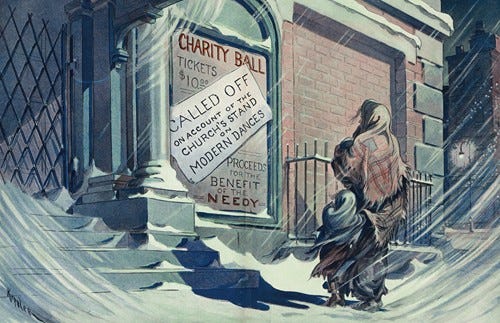On Remembering and Forgetting
The unexpected revival of a once obscure philosopher, thanks to a former president.
I’m not entirely sure why Reinhold Niebuhr was one of Barack Obama’s “favorite philosophers.” But at least the former president was reading, and better yet he was reading philosophy.
Today, Niebuhr is a towering figure at the intersection of religion and philosophy. But he hadn’t been. It took Obama, then a rising star and senator, to revive Niebuhr. Th…




